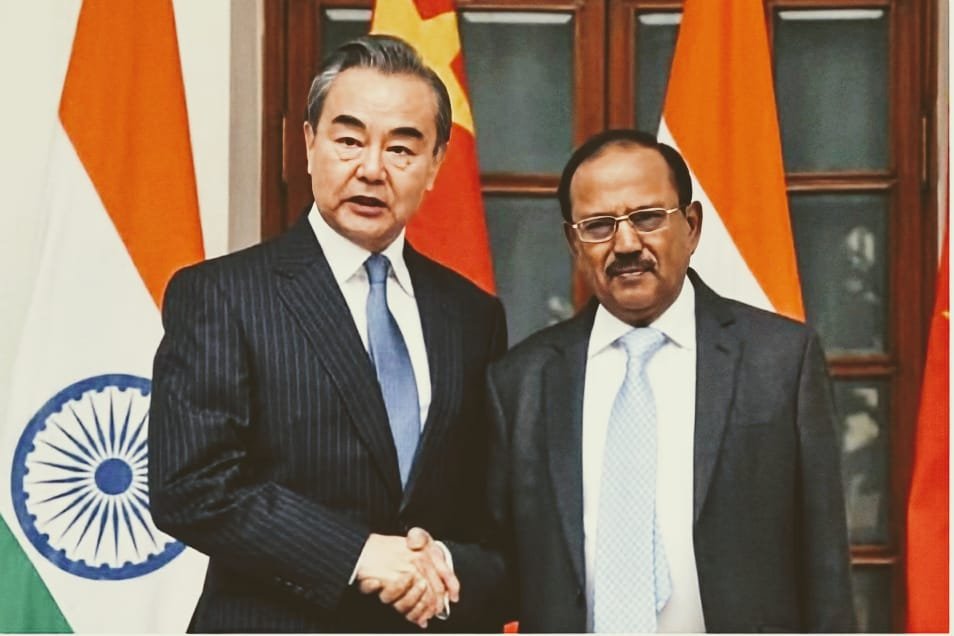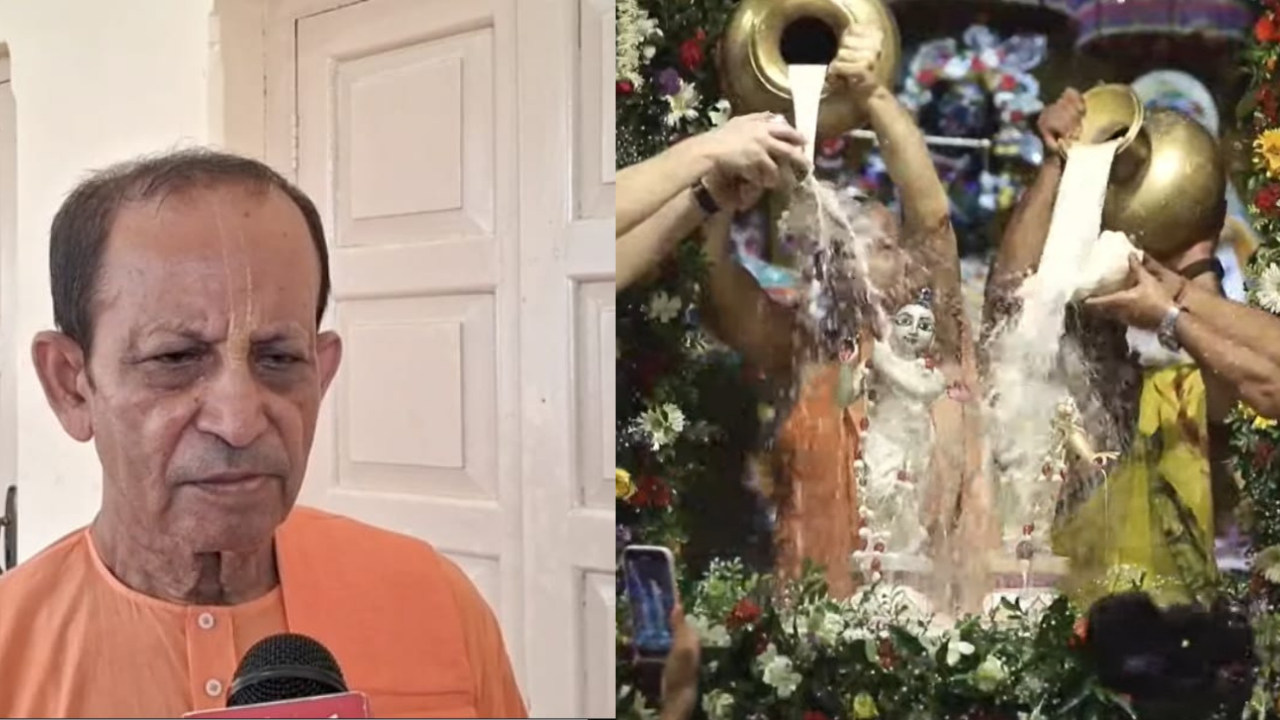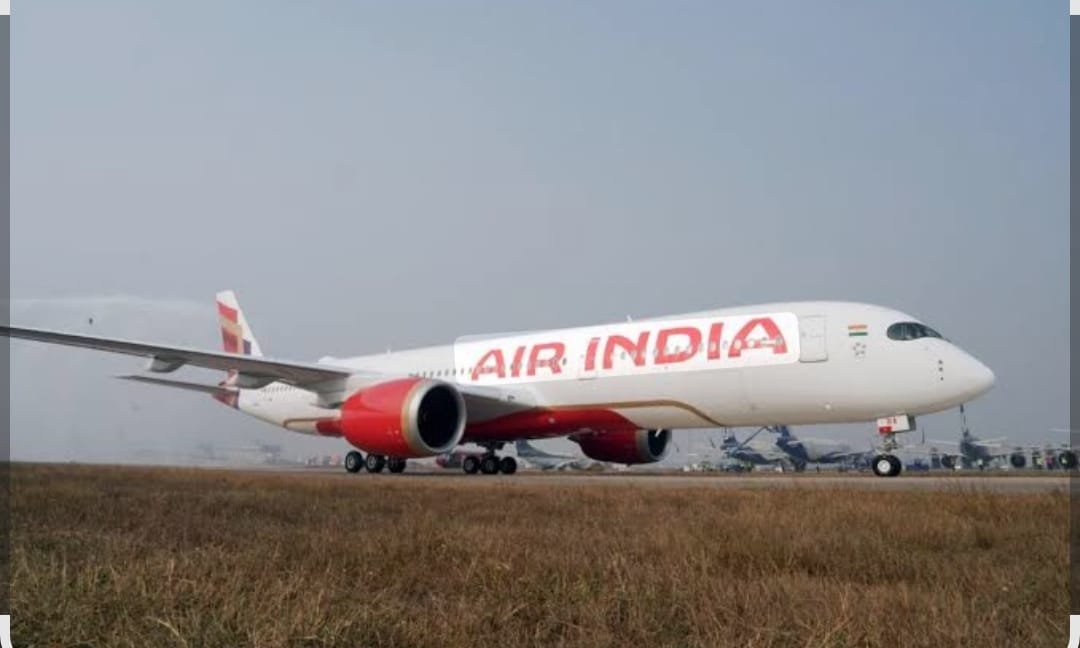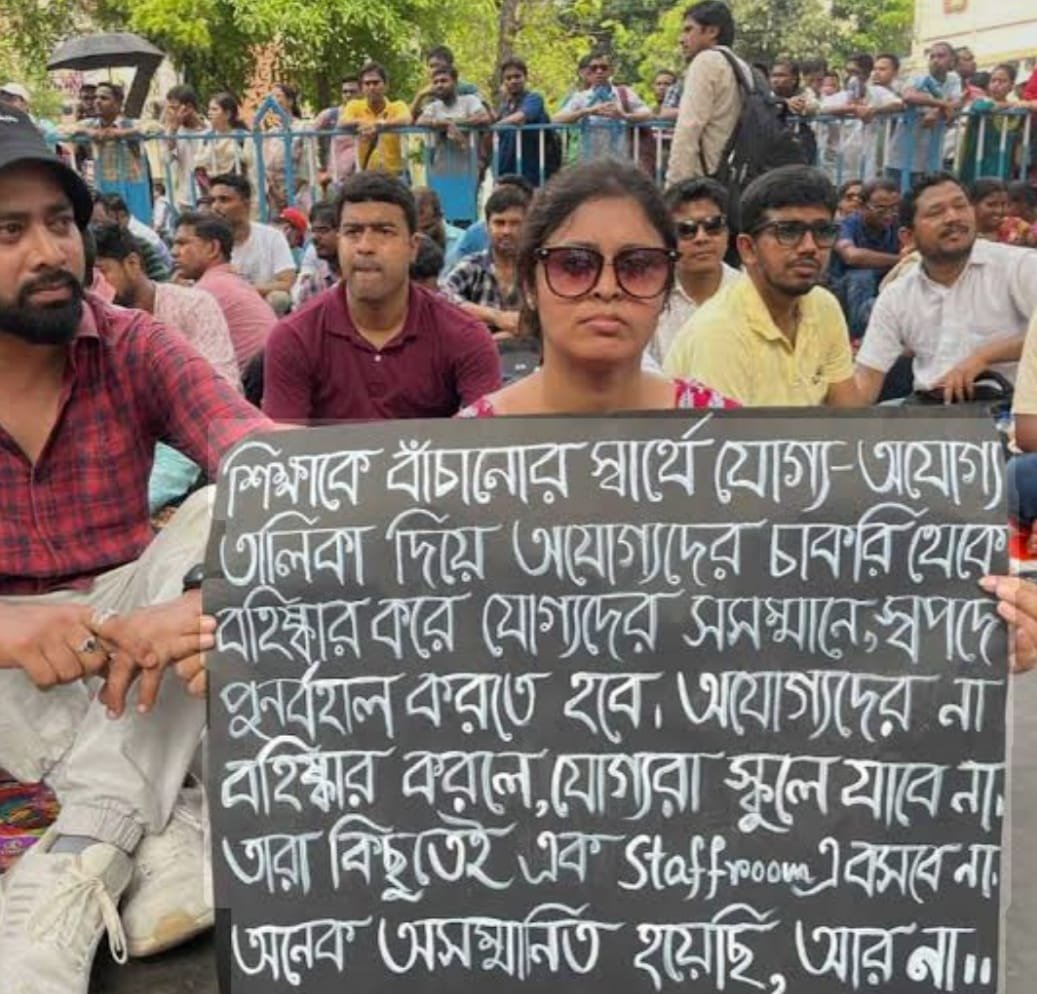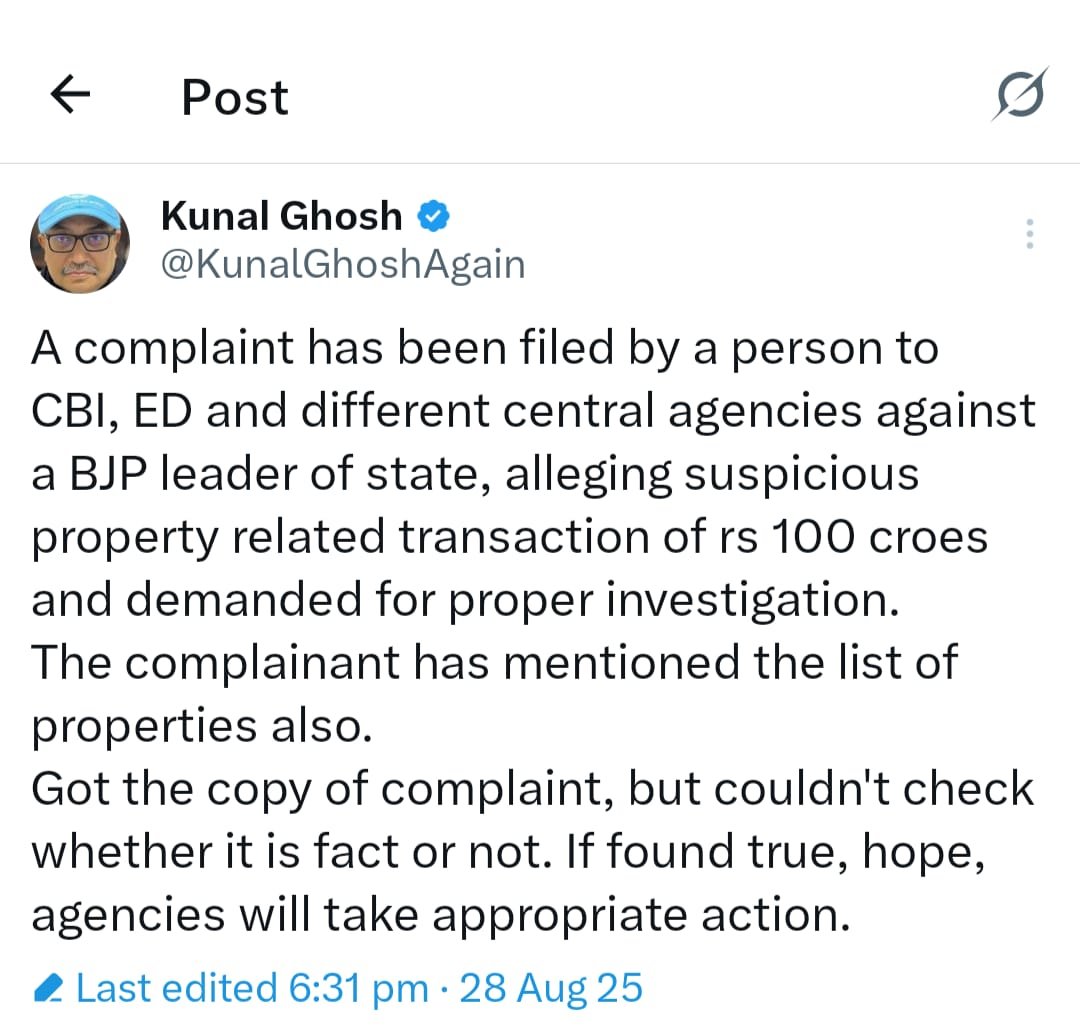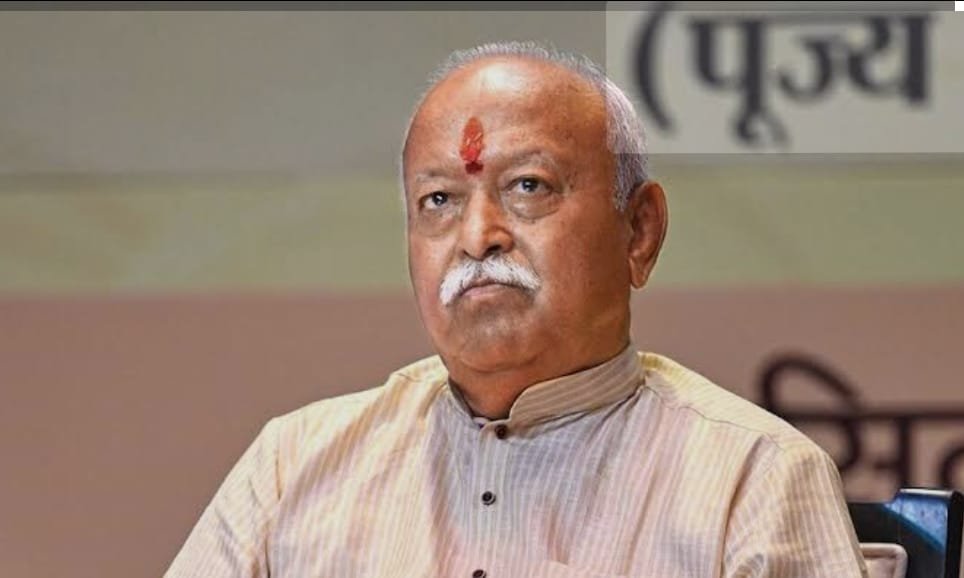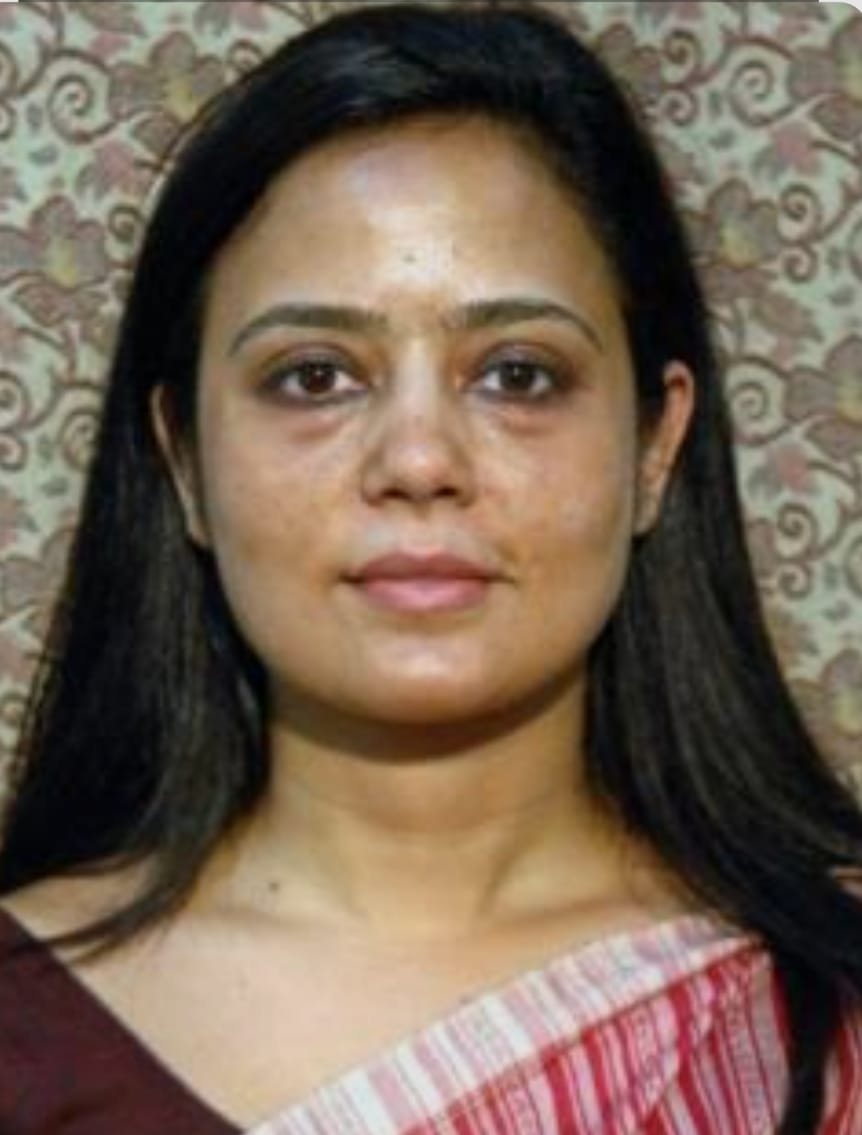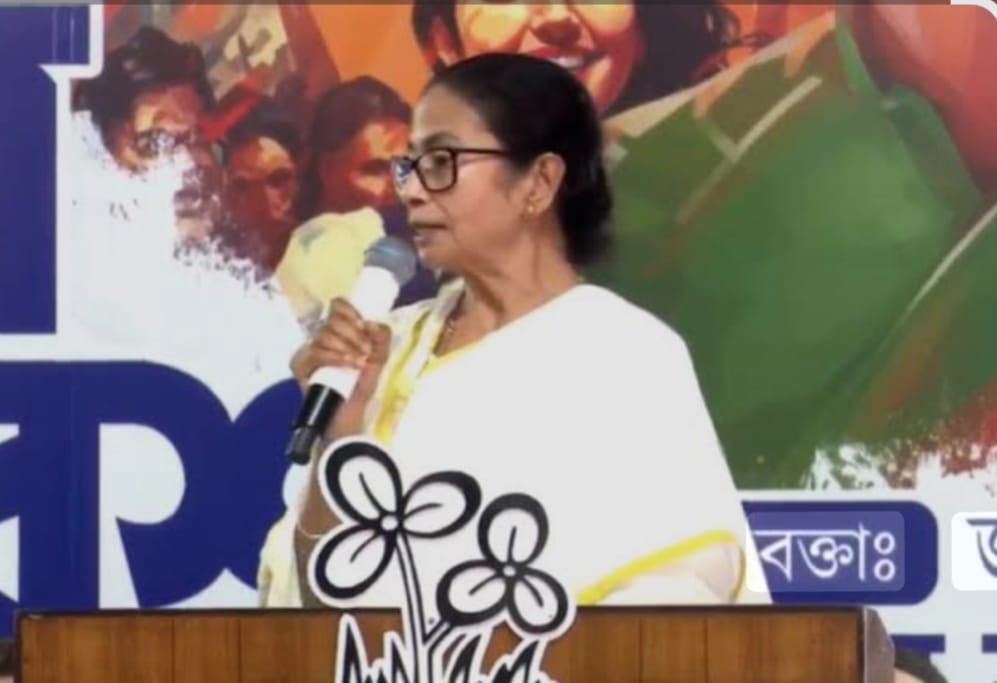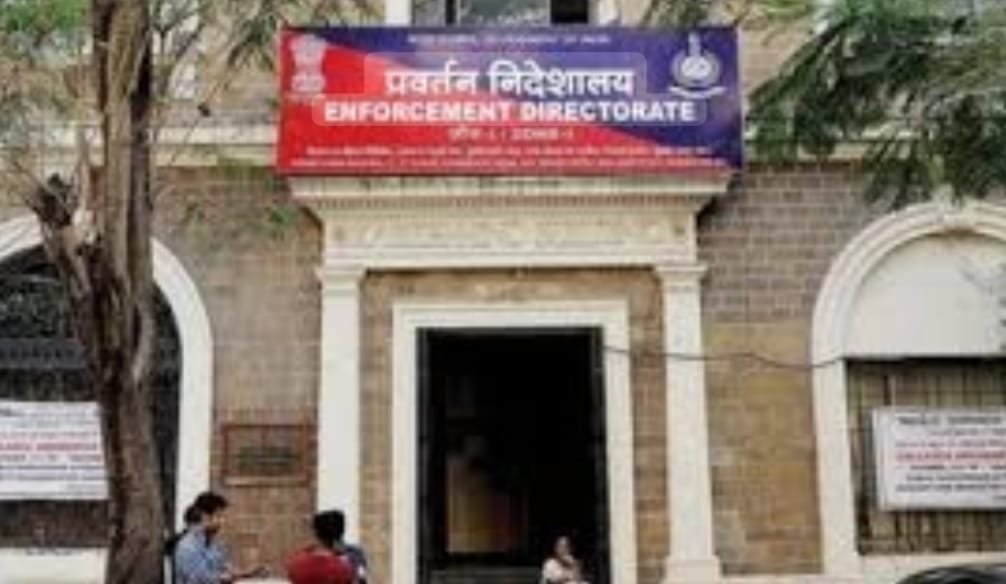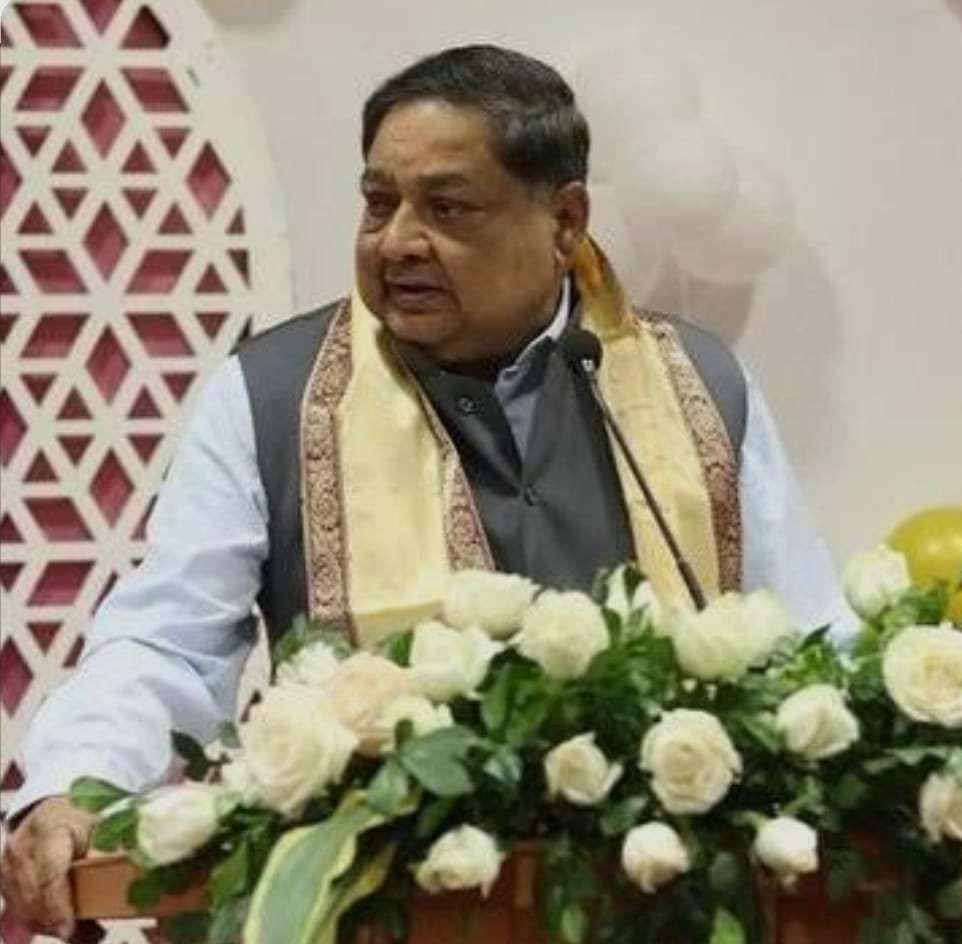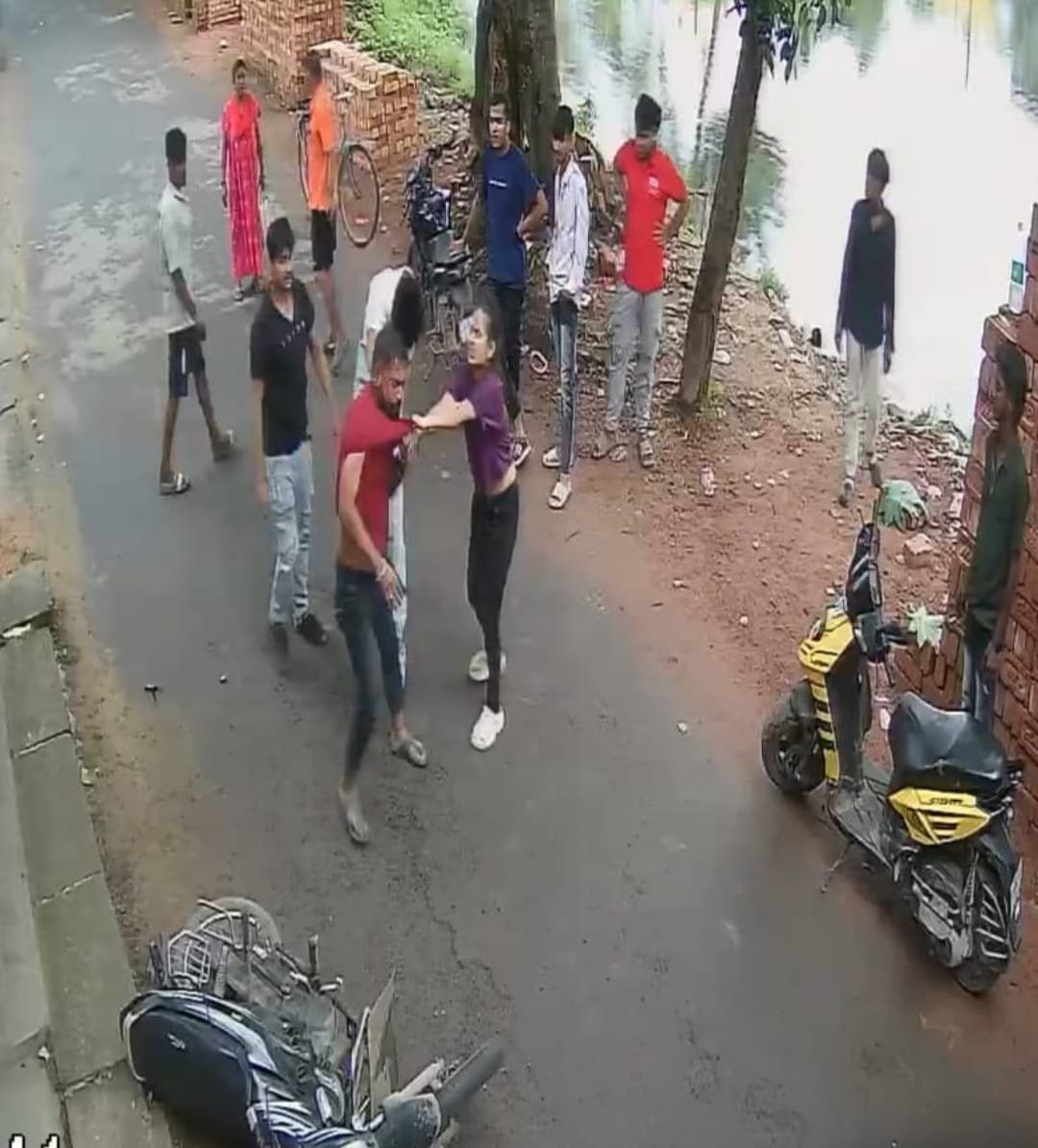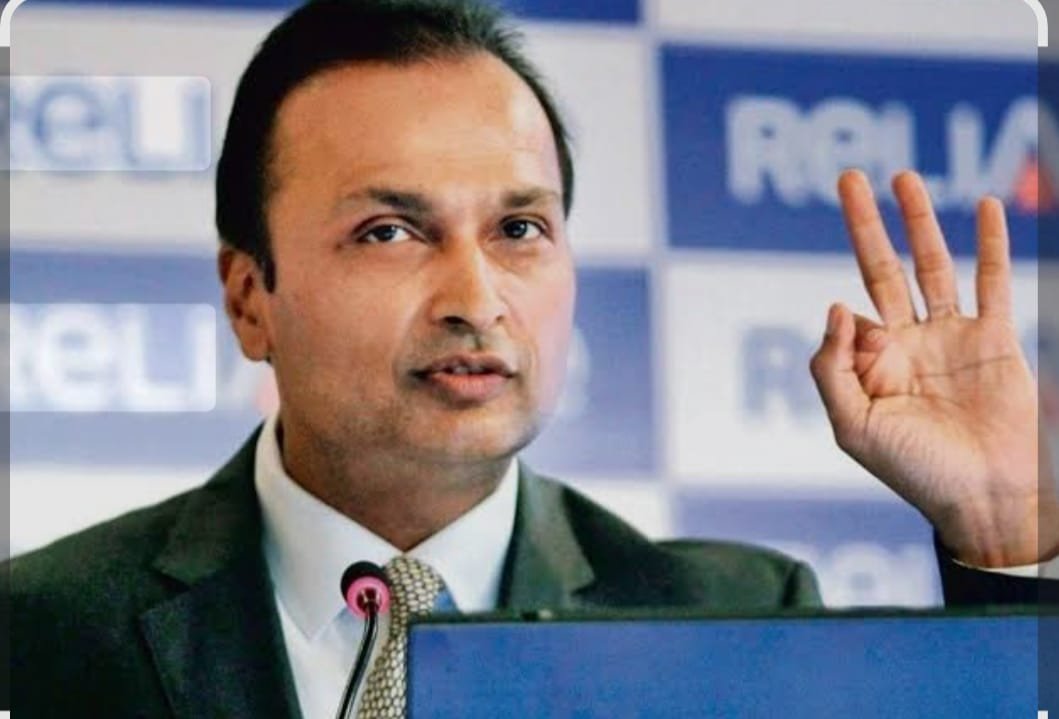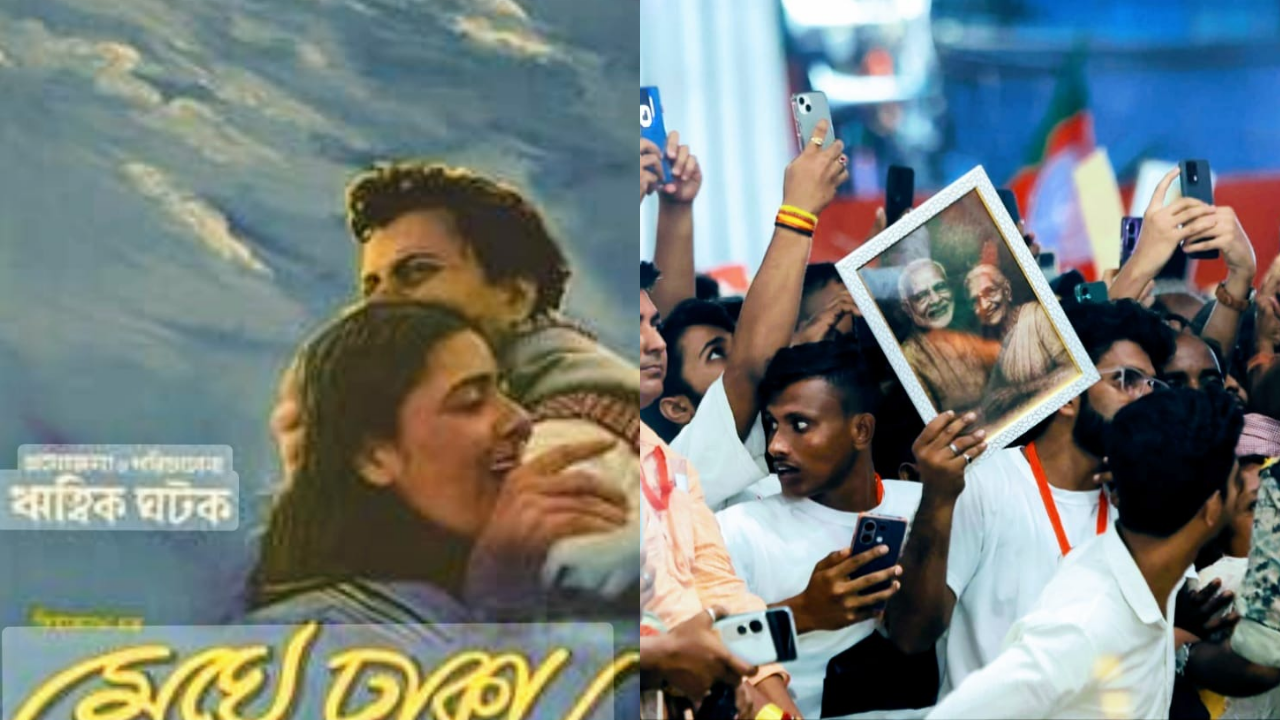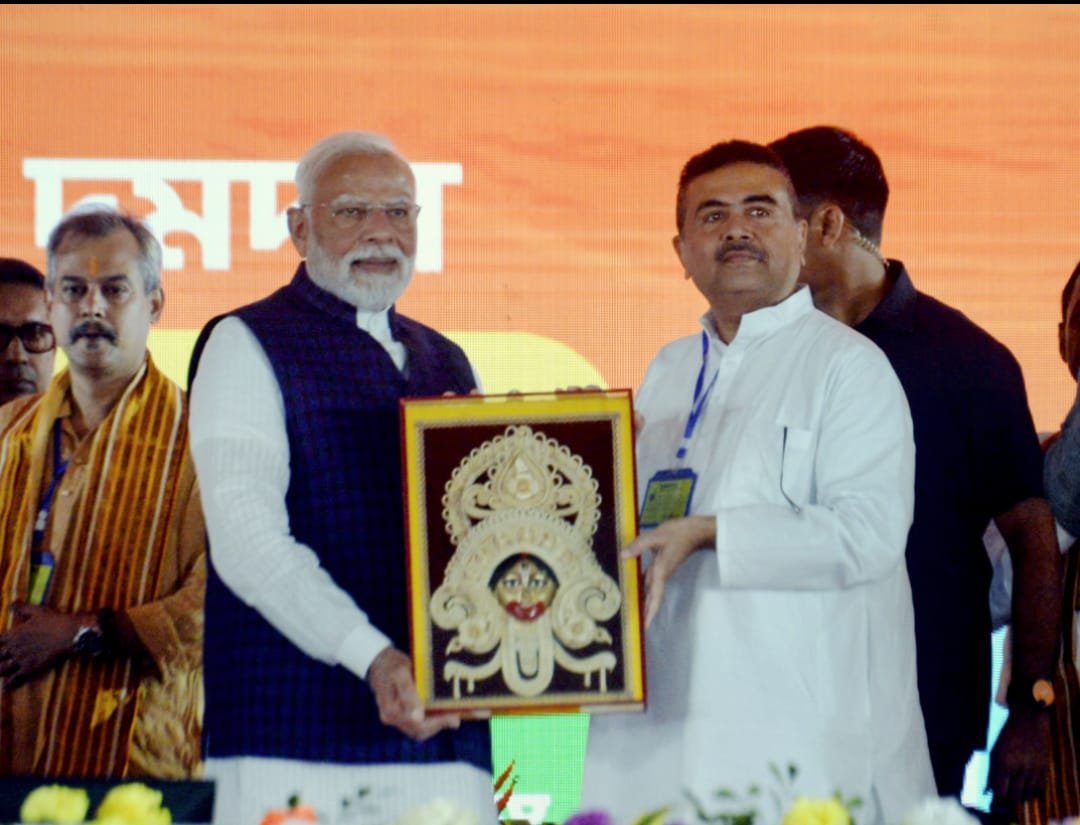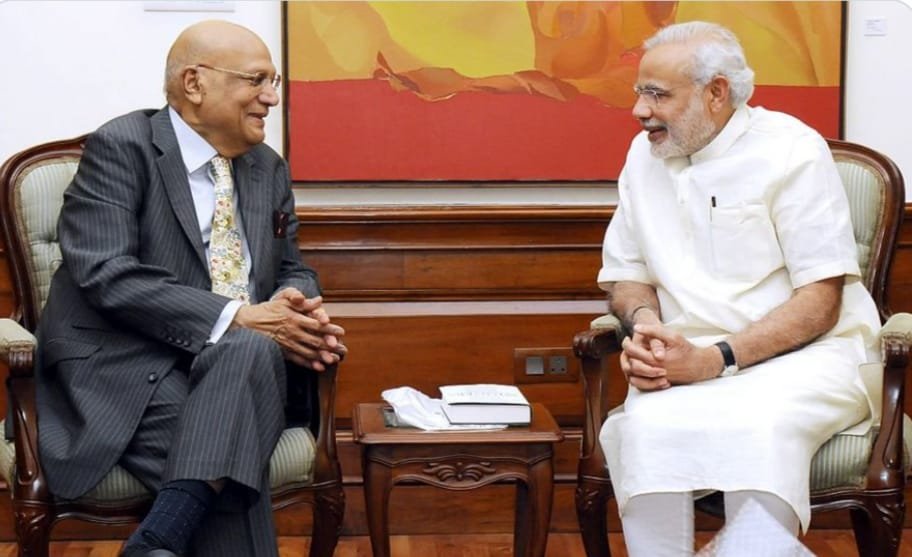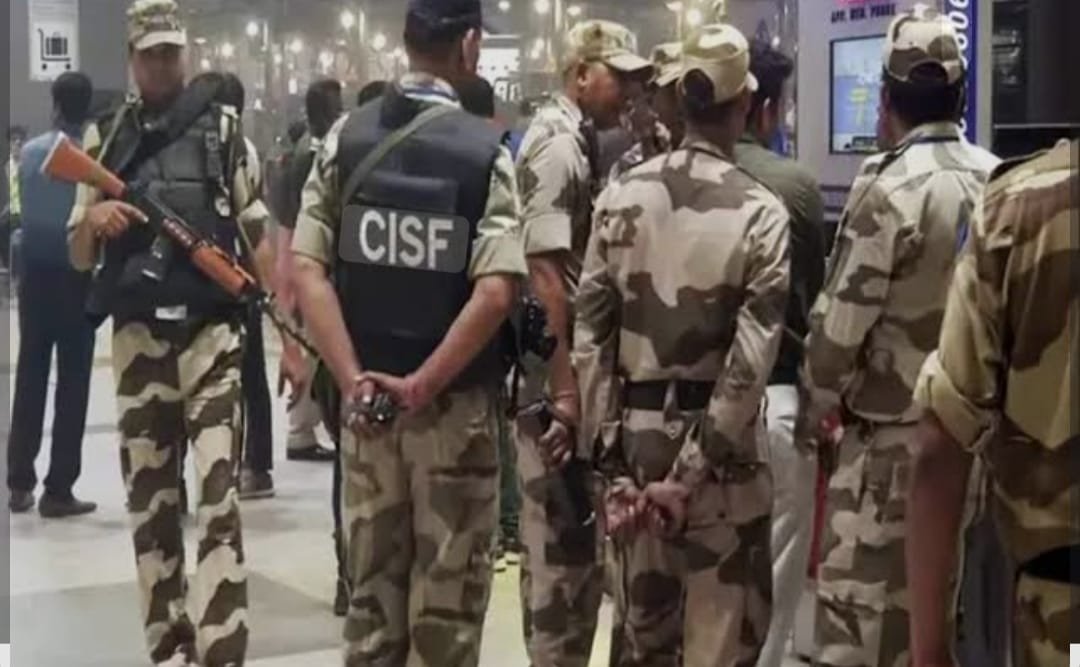India and China appear to be moving towards a cautious rapprochement, with Chinese Foreign Minister Wang Yi expected to arrive in New Delhi next week for talks with India’s National Security Adviser Ajit Doval, diplomatic sources told Press . The visit comes ahead of Indian Prime Minister Narendra Modi’s planned trip to Beijing later this month – his first since the deadly Galwan Valley clashes in 2020 plunged bilateral relations into their lowest point in decades. According to officials, Wang’s visit will focus on building on recent high-level engagements between the two Asian giants. In July, Indian External Affairs Minister S Jaishankar travelled to China to attend the Shanghai Cooperation Organisation (SCO) meeting, where he met Chinese President Xi Jinping and Vice President Han Zheng. Indian Defence Minister Rajnath Singh also held talks in Beijing with his counterpart, Admiral Dong Jun.
During his meetings, Jaishankar stressed the need for “mutual cooperation and open dialogue” between the two neighbours in an “increasingly turbulent world” – a reference to conflicts such as the Russia-Ukraine war and the Iran-Israel confrontation, both of which have heightened global instability. Relations between India and China were further strained by the COVID-19 pandemic in 2020, which halted direct flights, Kailash Mansarovar pilgrimages, and visa issuance. The Galwan clashes later that year left 20 Indian soldiers and at least four Chinese troops dead, prompting a series of tense military-level negotiations.
Signs of improvement have emerged in recent months. China has given the green light for the resumption of the Kailash Mansarovar Yatra, while India announced last month that Chinese citizens will once again be eligible for tourist visas. Direct flights between the two countries are also set to resume next month for the first time in over four years.
Analysts say Beijing’s outreach reflects a strategic recalibration. “China is looking to stabilise relations with India amid a complex geopolitical environment and economic headwinds,” said one foreign policy expert in New Delhi. The move also comes as Beijing publicly backed New Delhi in opposing recent US tariff hikes imposed by President Donald Trump. Prime Minister Modi is scheduled to attend the SCO summit in Tianjin from August 31 to September 1. Observers say the visit could be pivotal in resetting ties, but both sides remain wary, given the unresolved border disputes. For now, Wang Yi’s trip to New Delhi will serve as a litmus test for whether the world’s two most populous countries can move from a tentative thaw towards genuine reconciliation.

